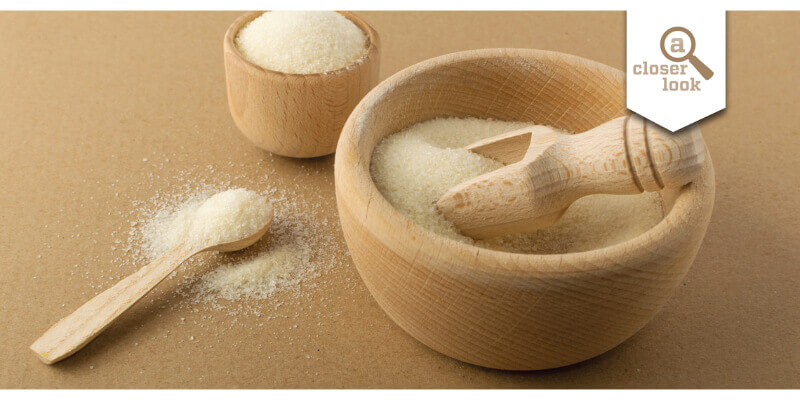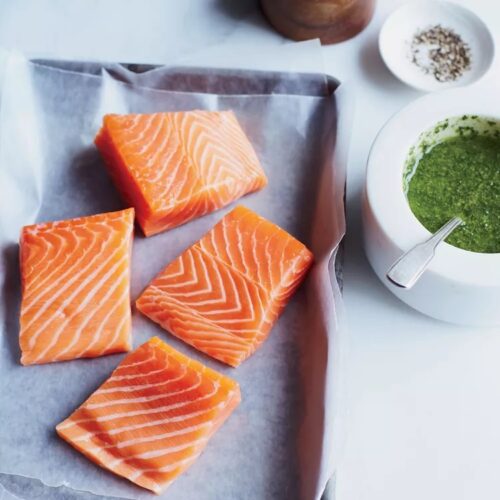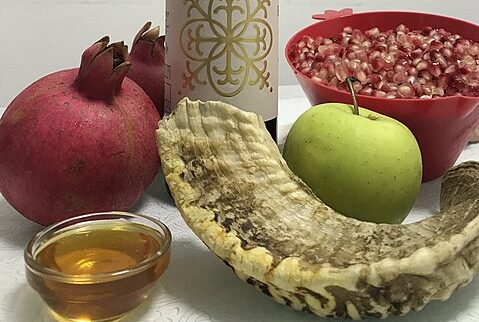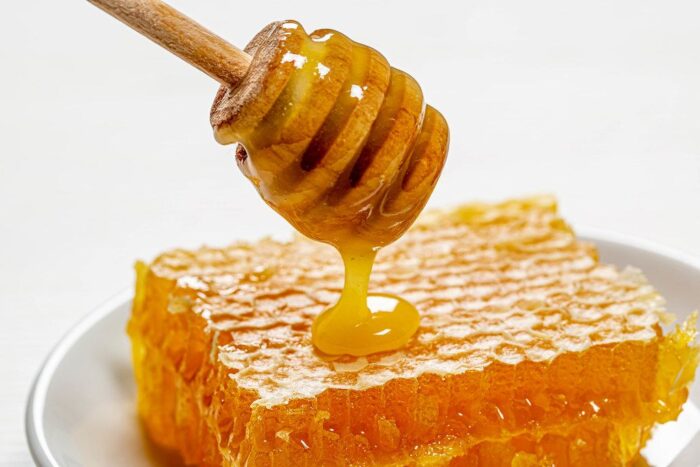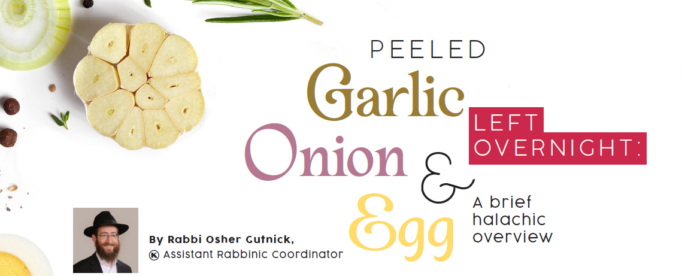WHAT IS GELATIN?
Gelatin is a colorless, flavorless food ingredient derived from collagen. Collagen is the protein substance found in fish and animal skins and bones and is used to provide gelling properties in many food items such as yogurts, bars, soft candies, gummies, marshmallows, icing, mousses and many other food products. Additionally, it is used as a clarifying agent for juices and wines. It is also used in the pharmaceutical industry to make capsules and many other non-food items.
HOW IS GELATIN MADE?
Dried bones or skins from animals, as well as skins or scales from fish, can be used as the main raw materials for gelatin. The material is cut or broken into small pieces and then soaked with water and chemicals for about two days. Following the two days of soaking, the material goes through the hydrolysis process, which includes breaking down the materials through a reaction from the hot water and chemicals. Next, the material is cooled, put through series of filtration and clarification steps, evaporated to concentrate the product, and then it is sterilized. After sterilization, the material is cooled a second time through a process that converts the liquid into a gel, which is then dried in oven, ground to uniform size, screened and packaged.
IS GELATIN KOSHER?
There are opinions that gelatin made from non-kosher animals can be considered kosher since the bones or skins are completely dried and flavorless and, during the process, the material is treated with strong chemicals which make it completely inedible.
OK Kosher, along with all other major kashrus agencies, does not permit the use of gelatin made from non-kosher animals due to the concern that the bones and skins may not have been completely dried. Despite the fact that the production process renders the gelatin inedible, it cannot be used as a leniency because the gelatin becomes edible and is mixed with food at the end of the process.
In order for the gelatin to be kosher certified, it must be made from kosher animals that underwent kosher slaughter and processing, or from kosher fish. If the equipment is not dedicated to kosher production, it must be completely cleaned, left idle for 24 hours, and then kosherized properly. All the chemicals and additives need to be kosher and, typically, the entire process needs to be supervised. There is further discussion whether gelatin is considered meat or pareve and if it can be used in dairy products, such as yogurt. OK Kosher follows the opinion of Rav Moshe Feinstein ztz”l, which states that since animal skins are only considered meat d`rabbanan, the gelatin extracted from the skin is considered tzir (extraction) of meat d`rabbanan which is pareve.
Another discussion is regarding the fish status of fish gelatin. The Shulchan Oruch states that mixing meat and fish can be dangerous and some avoid fish and dairy as well. Since fish skin is edible, it has the same halachic status of fish and the gelatin has the status of tzir dagim, of which there is halachic debate if it causes danger1. OK Kosher makes sure that fish gelatin and any products that use fish gelatin are labeled with the OK-Fish symbol. This discussion applies only to fish gelatin which is made from the skin, scales are not edible and therefore don’t have fish status and so are the gelatin from scales.
Fish gelatin is often used to produce kosher marshmallows. Some companies try to avoid fish gelatin when possible due to the fish allergen declaration that is required on the label, but the lower price of kosher fish gelatin is an incentive to use it instead of beef derived gelatin. Recently, a snack made from tilapia skin is growing in popularity in China, which has caused higher prices for the skins and a worldwide shortage of kosher fish gelatin.
Gelatin, or any product containing gelatin, should only be purchased with a reliable certification.
1. Often the usage level of gelatin in less than 1/60 which leads to another
halachic debate whether fish in meat can be nullified at 1/60 or we need to be stricter
because חמירא סכנתא מאיסורא – we need to be more careful with danger than prohibitions
Rabbi Hendel is a member of the OK Kosher Vaad HaKashrus.


 EN
EN  ZH
ZH  KR
KR  BR
BR  ES
ES  IN
IN  IL
IL 
